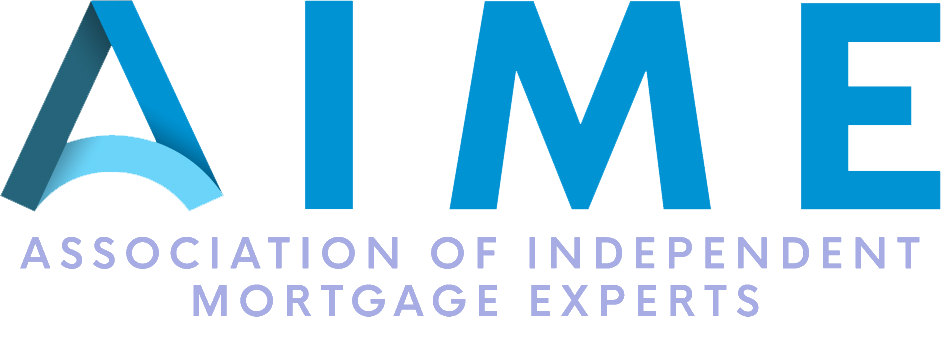How a Conventional Loan Differs from Other Loan Programs
I know it’s overwhelming to think of the loan programs available. You hear so many terms including conventional financing, FHA loans, VA loans, and USDA loans – which is right for you and how do they differ? How do you tell which loan is right for you?
Conventional financing is the only non-government backed program. While there are guidelines lenders must follow (Fannie Mae or Freddie Mac), they are different from the requirements government loans have and that lenders must follow.
Let’s look at the differences below.
Owner Occupancy Requirements
All government-backed programs have different underwriting guidelines, but they all agree – they will only write loans for owner-occupied properties. This is the home you live in year-round or at least for the majority of the year.
FHA, VA, and USDA loans all have this requirement. You must prove the home you buy with the funds is for you to live in full-time. If you want to buy a vacation home, second home, an investment property, you’ll need conventional financing or non-government financing.
Conventional Loans vs FHA Loans
This is the most common comparison borrowers use mostly because borrowers that don’t qualify for a conventional loan typically turn to FHA financing as it has more lenient guidelines.
Conventional loans have stricter underwriting requirements, mostly pertaining to the credit score and debt-to-income ratio guidelines. FHA loans have the backing of the Federal Housing Administration. If a borrower defaults, lenders receive a portion of the money lost back from the FHA.
Because of this, FHA lenders allow:
- Credit scores as low as 580
- Down payments as low as 3.5%
- Debt ratios of 31% and 43%
Conventional loans require higher credit scores, usually around 660 and lower debt ratios of 28% and 36% respectively because of the lack of government-backing. But there’s one big difference – the mortgage insurance.
Let’s look at an example. If you borrow $225,000 in a conventional loan with a 90% LTV, you’d pay PMI until you owe less than 80% of the home’s value, which would occur around year 6 with minimum payments and regular home appreciation. If you make extra payments or the home appreciates faster, you may cancel it even earlier.
If you use FHA financing, you’d pay mortgage insurance for the 30-year term, or an extra 24 years compared to conventional financing. While that seems like a lot, it’s the trade-off for the FHA’s flexible underwriting guidelines.
Conventional Loans vs VA Loans
Conventional loans in Colorado are available to anyone that qualifies. If you meet the credit and qualifying requirements, you can secure conventional financing. VA loans, on the other hand, are for veterans of the military, active-duty members, and/or surviving spouses.
VA loans don’t require a down payment and the VA doesn’t require mortgage insurance. Veterans pay a one-time funding fee at the start of the loan and that’s it.
But you may only apply for VA financing if you meet the eligibility requirements of:
- Serving in the military during wartime for at least 90 days with an honorable discharge
- Serving in the military during peacetime for at least 181 days with an honorable discharge (or still active)
- Serving in the National Guard or Reserves for at least 6 years
- Being a surviving spouse of a veteran that lost his/her life in the line of duty or because of their time in service
VA loans have flexible underwriting guidelines including credit scores as low as 620, debt ratios as high as 43 percent and no money down. They are a great benefit for people that served our country.
Conventional Loans vs USDA Loans
USDA loans help borrowers in designated rural areas according to the USDA guidelines. Throughout Colorado, there are areas the USDA provides 100 percent financing to households with low to moderate-income.
Each county has maximum income limits to qualify for the loan program. If you qualify, you don’t need a down payment, but must meet the USDA’s underwriting requirements including:
- Minimum 640 credit score
- Maximum 31% housing ratio
- Maximum 41% total debt ratio
- Proof you’ll occupy the property as your primary residence
- Proof that you can’t secure any other type of financing
Which Loan is Right for You?
After seeing the differences, you may know which loan is right for you. It’s easy to rule out VA loans and USDA loans. If you didn’t serve in the military and/or don’t live in a rural area or you make too much money, those two loan programs aren’t an option.
But, conventional loans and FHA loans are both popular options for borrowers in Colorado. Think about your qualifying factors. If you have good credit and your debts under control, the conventional financing option is a great choice.
If you know you have less-than-perfect credit or high debt-to-income ratios, the FHA loan may provide more forgiving guidelines, helping you get the loan you need.
If you have your heart set on conventional financing, start working on your credit and decreasing your debt ratio. The more favorable terms you present the lender with, the higher your chances of approval become.
Let me Help you Decide
I know how hard it is to pick a loan program. With my many years of experience in all government and conventional loans in Colorado, I can help you see the big picture. We’ll look at the total cost of the loan over the term as well as its monthly costs. We’ll also look at which loan you meet the guidelines of without making any changes to your current situation.
I help borrowers secure many types of financing, but I always make sure it’s the right fit for their budget and long-term goals. Buying a home is one of the largest investments you’ll make in your lifetime, and I’m here to help ensure it’s a choice you make with confidence and ease.

